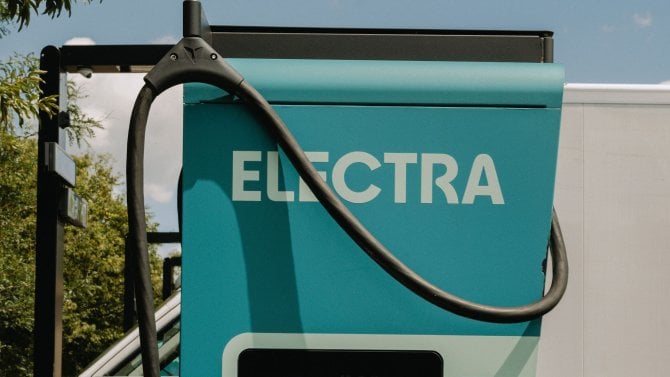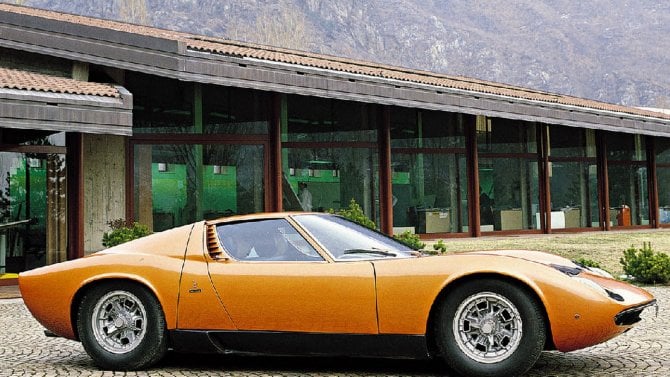...
By Ingrid Melander and Gabriela Baczynska
BRUSSELS, June 22 (Reuters) - German Chancellor Angela Merkel struggled on Friday to break down Poland's resistance to a new treaty to reform the European Union and help it become a stronger force in tackling global challenges.
Merkel held new talks with Polish President Lech Kaczynski on the final day of a two-day summit after a late-night meeting, and was to meet him for a third time in 12 hours to try to ease his concerns over planned changes to the EU's voting system.
"We're working hard, the problems are not yet solved but everyone is trying," Merkel told reporters as she arrived for meetings with leaders of states with most problems -- Poland, Britain, the Czech Republic and the Netherlands.
But acrimony was growing over Poland's repeated references to its suffering at the hands of Nazi Germany during World War Two to justify its opposition to a voting system which it says would give bigger states, such as Germany, more power.
"I do not think that the whole day yesterday and what has happened so far today has changed the likely outcome of the summit," a Polish diplomatic source told reporters.
EU diplomats said some leaders were taken aback by Kaczynski's comments about the war on the first day of the 27-nation bloc's summit.
"I'm very sad about the comments about European history. I am very sad," said Hans-Gert Poettering, a German conservative who is president of the European Parliament.
Backers of reform say a revamp of complex EU decision-making structures is needed for further enlargement of the bloc, which has expanded from 15 to 27 member states, and to tackle challenges such as climate change and globalisation.
They say it will provide clear leadership, a stronger voice for the EU in the world and more say for European and national parliaments. Critics fear a dilution of national sovereignty.
Failure would deepen divisions in the Union. It could prompt a small group of states to press ahead with closer integration, leaving others behind, and make richer west European countries more reluctant to aid poorer newcomers.
"TIME FOR CONCESSIONS"
Austrian Chancellor Alfred Gusenbauer told reporters the Poles "didn't win any new friends" with their stance but suggested their resistance was beginning to pay off.
"Everyone recognises we have to do something so the Poles can come on board, but without starting from scratch," he said.
Others said it was for Poland to make concessions.
"I hope that Poland will be much more flexible and will not so much worry about this voting system," said Estonian Prime Minister Andrus Ansip.
A spokesman for French President Nicolas Sarkozy, who had late-night talks with Kaczynski, said he had made a proposal to the Poles and Merkel based on the so-called Ioannina Compromise -- giving states just short of a blocking minority an emergency brake to postpone decisions and force more negotiations.
But EU diplomats said Kaczynski wanted those measures further tightened and proposed that existing voting rules be maintained until 2014 at least and ideally through to 2020.
Poland also sought pledges that EU countries would help each other in the event of energy supply crunches, a major concern given the bloc's dependence on Russian oil and gas imports.
Nearly all other EU states favour the "double majority" voting formula requiring 55 percent of member states representing 65 percent of the EU population to pass decisions.
British Prime Minister Tony Blair, the other leader who could scupper a deal, has said Britain will sign up to a treaty only if its demands are met.
Britain does not want to be legally bound by a Charter of Fundamental Rights, which includes a broadly defined right to strike. It also wants to shrink the powers of a proposed EU foreign minister, seeks an opt-out from EU justice cooperation and opposes obligatory social security payments to migrants.
Eighteen EU nations ratified the constitutional treaty, but even they accept it must be cut to allow France, the Netherlands and Britain to avoid referendums their governments might lose.
Yet some key institutional changes are set to be kept, such as creating a president of the European Council of governments elected for 2-1/2 years instead of the current six-month rotating presidency which has grown unwieldy in the enlarged EU.
(Additional reporting by Giselda Vagnoni, Jeff Mason, Axel Bugge, Francois Murphy, Adrian Croft, Gabriela Baczynska)
Keywords: EU TREATY




 Electra dorazila do Česka a tentokrát to není ta Baťova. Hlavní roli hrají elektromobily
Electra dorazila do Česka a tentokrát to není ta Baťova. Hlavní roli hrají elektromobily
 Svatý grál ctitelů supersportů: Lamborghini Miura slaví 60 let
Svatý grál ctitelů supersportů: Lamborghini Miura slaví 60 let
 Dobrá zpráva pro důchodce. Od příštího roku mohou jezdit bez papíru
Dobrá zpráva pro důchodce. Od příštího roku mohou jezdit bez papíru
 Test Mitsubishi Outlander PHEV 4×4 Intense (2025): Čekání se vyplatilo
Test Mitsubishi Outlander PHEV 4×4 Intense (2025): Čekání se vyplatilo
 Dacia Bigster, o které pořád sní spousta českých zákazníků, se vyrábí. S dieselem stojí zhruba 600 tisíc, ale je tu problém
Dacia Bigster, o které pořád sní spousta českých zákazníků, se vyrábí. S dieselem stojí zhruba 600 tisíc, ale je tu problém
